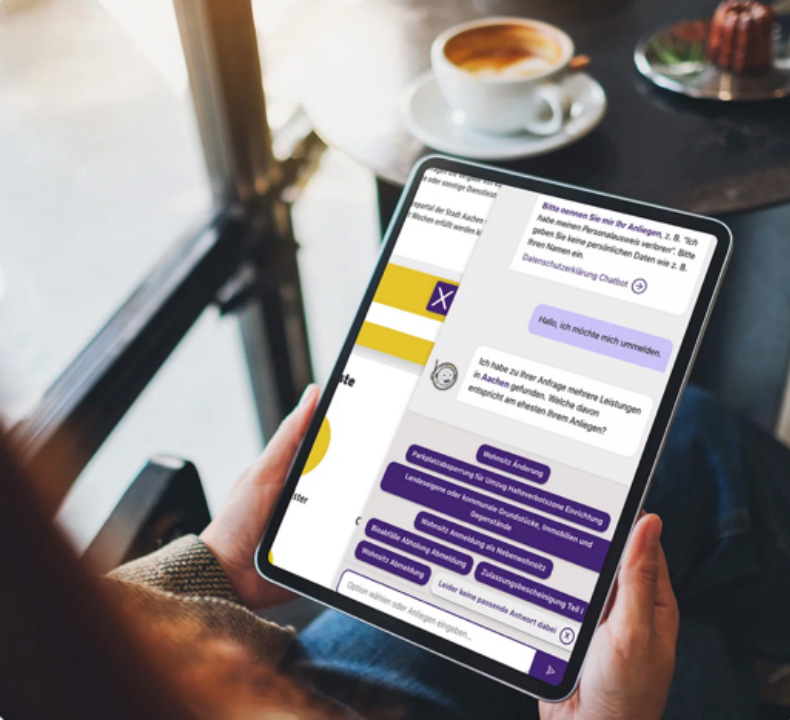
Photo shows the 115 chatbot used on Berlin's 115 hotline.
BEIJING, Dec. 18 (Xinhua) -- Berlin's 115 hotline, a typical hotline that attaches much importance to intelligent services, has become a representative of innovative hotlines across the globe, according to a report released on the 2024 Beijing Forum on Swift Response to Public Complaints on Wednesday.
The report, unveiled by the joint research group of Xinhua Research Center for Digital Government and Institute for Digital Government and Governance of Tsinghua University, gauges performance of city hotlines through setting three tiers of indicators to appraise the shared issues in city hotline services.
In aggregate, the 20 city hotline platforms mentioned in the report appear to fall into four categories, referring to being integrative, innovative, distinctive and inclusive in light of their differentiated performance in process, collaborative, smart and responsive governance.
As the report says, Berlin's 115 hotline plays a leading role in Germany's digital government transformation as it prioritizes technological support and pushes for continuous innovation in advancing application of intelligent systems.
Currently, Berlin's 115 hotline is making extensive strides in exploring intelligent services and notably, its development and application of 115 chatbot and 115 voice interaction system works effectively as solutions to address growing local demand for public services and optimize allocation of public service resources.
Under such circumstances, Berlin's 115 hotline demonstrates the potential of systems built on information integration and rule-based design through the development and implementation of its voice interaction system and the chatbot.
By collecting and analyzing public inquiry data in real time, the chatbot and voice interaction system enable the 115 hotline to gain deeper insights into citizens' needs and their access to services, facilitating timely adjustments and optimizations in service strategies.
By leveraging historical data and real-time feedback, the system can forecast future service demand and development trends, and help the government make more scientific policies and measures.
In terms of service quality, although being a front-runner in adopting intelligent technology, it remains committed to human interaction and personalized services and sets its target as "80/20", meaning 80 percent of calls should be picked up within 20 seconds.
Apart from Berlin's 115 hotline, hotlines of 19 other cities were also presented in the report titled "Evaluation Report on Worldwide City Hotline Services and Governance Effectiveness" to share experience beneficial to global city hotline service and governance.
(Edited by Duan Jing with Xinhua Silk Road, duanjing@xinhua.org)




 A single purchase
A single purchase








